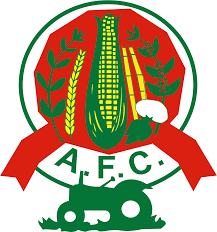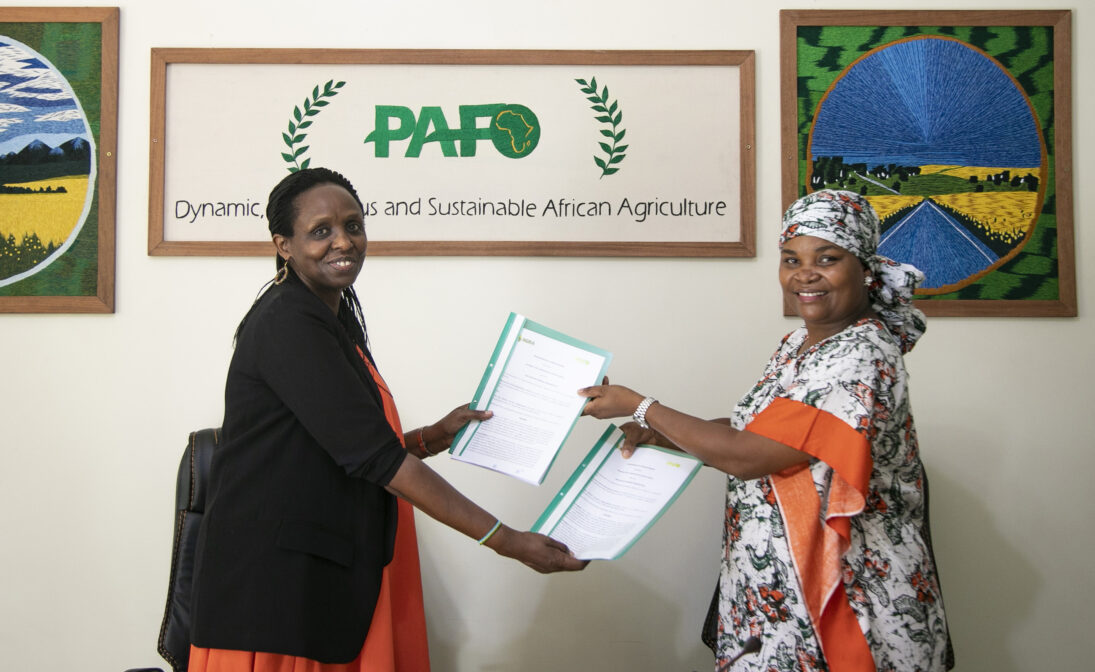The Government of Kenya is implementing its Warehouse Receipt System, a move applauded by different stakeholders as a solution to address some of the challenges faced by smallholder farmers as a result of unstructured markets and gaps along the value chain which reduce farmers’ income.
The Warehouse Receipt System is a process whereby producers or dealers deposit their commodities in certified warehouses and are issued with a warehouse receipt as proof of ownership to curb loopholes along the value chain, increase farmers/traders earnings and enables farmers release their goods once they have market for their produce.
The produce is cleaned and fumigated to remove impurities and pests and is graded. With warehouse receipts, farmers can access inputs and loans based on the strength of their deposits at the warehouse while millers can do value addition as they have guaranteed raw materials.
The African Rural and Agricultural Credit Association (AFRACA) has been conducting a Training of Trainers Training on Agricultural Value Chain Finance to capacitate financial institutions on how to lend effectively and reduce risks associated with lending along the value chain. As a result, AFRACA and the Food and Agriculture Organization of the United Nations (FAO) recently co-authored a paper on Agricultural Value Chain Finance Innovations and Lessons: Case Studies in Africa which highlights different agricultural value chain business models that have contributed immensely to financial sustainability and profitability in the agriculture value chain.
To read the various case studies highlighted from different countries please visit: http://www.fao.org/policy-support/tools-and-publications/resources-details/en/c/1316814/





